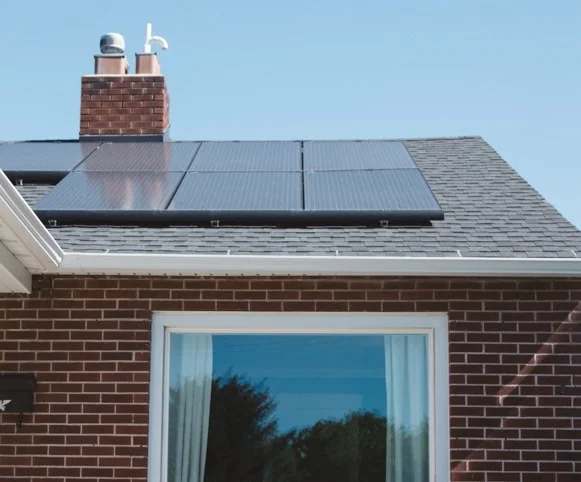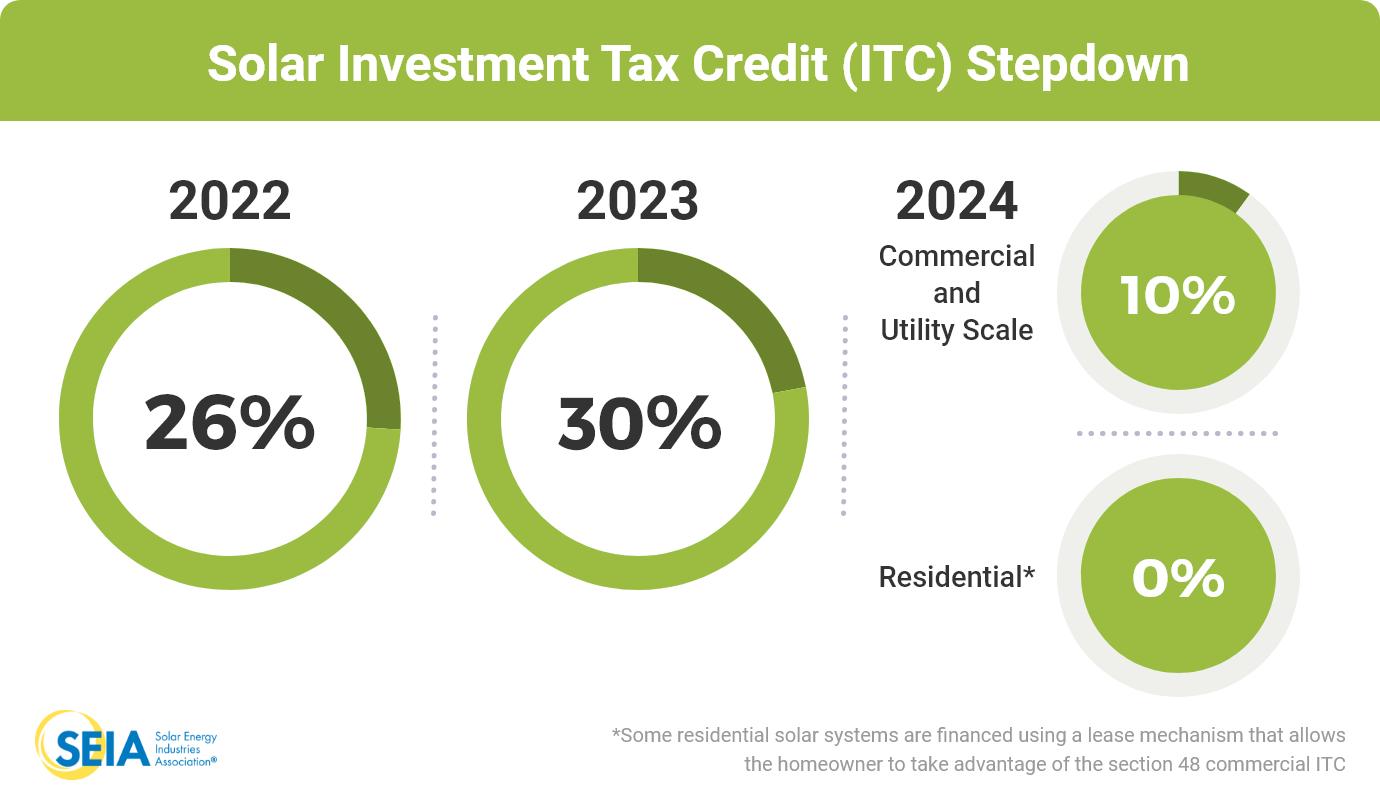We work with 40+ Top Solar Companies
You can expect exceptional service when you shop at EBP. We work with the leading solar providers in the country.

You can expect exceptional service when you shop at EBP. We work with the leading solar providers in the country.
Solar energy is an enticing concept for anyone wanting to save on their utility bills and do their part for the environment. Hundreds of thousands of homeowners across the US have switched to solar, and you can join them.
Perhaps the biggest reason you haven’t gone solar yet is because the upfront cost is too restrictive. But have you heard about the chance to get free solar panels in your state?
While truly free panels aren’t necessarily attainable, you can qualify for rebates, tax credits, and incentives to slash upfront costs to almost nothing. Then you can look into opportunities to keep operating costs down and shorten the payback period. Financing is even available to let you get started with $0 down!


The solar Investment Tax Credit (ITC) is one of the most important federal policy mechanisms to support the growth of solar energy in the United States. Since the ITC was enacted in 2006, the U.S. solar industry has grown by more than 10,000% - creating hundreds of thousands of jobs and investing billions of dollars in the U.S. economy in the process. SEIA has successfully advocated for multiple extensions of this critical tax credit, including the most recent delay of the credit phasedown in December 2020.
The ITC is a 30 percent tax credit for solar systems on residential (under Section 25D) and commercial (under Section 48) properties. The Section 48 commercial credit can be applied to both customer-sited commercial solar systems and large-scale utility solar farms.
The residential and commercial solar ITC has helped the U.S. solar industry grow by more than 10,000% percent since it was implemented in 2006, with an average annual growth of 50% over the last decade alone.
Eligibility for the Section 48 ITC is based on a “commence construction” standard. The IRS issued guidance in June 2018 that explains the requirements taxpayers must meet to establish that construction of a solar facility has begun for purposes of claiming the ITC. Note that this guidance applies to residential and commercial solar projects differently.
The 2020 extension of the ITC has provided market certainty for companies to develop long-term investments that drive competition and technological innovation, which in turn lowers energy costs for consumers.
Despite progress, solar energy still only represents 2.5% of energy production in the United States.
Moving forward, a tax policy that continues to provide stability and investment opportunity for solar energy should be a part of any national discussions about tax, infrastructure, or decarbonization.
The ITC has proven to be one of the most important federal policy mechanisms to incentivize clean energy in the United States. Solar deployment, at both the distributed and utility-scale levels, has grown rapidly across the country. The long-term stability of this federal policy has allowed businesses to continue driving down costs. The ITC is a clear policy success story – one that has resulted in a stronger and cleaner economy.
The Investment Tax Credit (ITC) is currently a 30 percent federal tax credit claimed against the tax liability of residential (under Section 25D) and commercial and utility (under Section 48) investors in solar energy property. The Section 25D residential ITC allows the homeowner to apply the credit to his/her personal income taxes. This credit is used when homeowners purchase solar systems and have them installed on their homes. In the case of the Section 48 credit, the business that installs, develops and/or finances the project claims the credit.
A tax credit is a dollar-for-dollar reduction in the income taxes that a person or company would otherwise pay the federal government. The ITC is based on the amount of investment in solar property. Both the residential and commercial ITC are equal to 26 percent of the basis that is invested in eligible solar property. The ITC then steps down according to the following schedule:
After 2023, the residential credit drops to zero while the commercial credit drops to a permanent 10 percent
Commercial and utility-scale projects which have commenced construction before December 31, 2023 may still qualify for the 26 or 30 percent ITC if they are placed in service before January 1, 2026. The IRS issued guidance (Notice 2018-59) on June 22, 2018 that explains the requirements that a taxpayer must meet to establish that construction of a qualified solar facility has begun for purposes of claiming the ITC.
To find out more information on the federal solar tax credit and calculate the credit amount per year based on household income, Solar-Estimate has a tax incentive calculator and additional detailed information.
If a homeowner buys a newly built home with solar and owns the system outright, the homeowner is eligible for the ITC the year that they move into the house. If the homeowners leases the solar system or purchases electricity from the system through a power purchase agreement (PPA), then the ITC is claimed by the company that leases the system or offers the PPA.
We recommended solar system ownership because ownership saves 3 times as much as leasing and increases a home’s value by up to $30,000. Leasing is simply replacing one utility with another and is subject to inevitable rate increases.
A system’s size can vary based on the needs of the customer. You can choose to displace all of your electricity needs with solar power, or only a part. To gauge how large of a solar power system may be appropriate for your home.

Solar power is feasible anywhere, even in the Arctic Circle. However, some sites will produce more power than others and thus save you more money.
EBP is a third-party solar energy advocate entirely dedicated to helping consumers navigate the process of researching, financing, and installing solar energy systems. If you are completely new to solar energy, EBP will teach you everything you need to know, from how solar energy systems work, how they connect to the public grid, and how much solar panels cost, and how long they last.
The best way to figure out the solar potential of your home or yard is to sign up for a free estimate. With experts available, we will be able to give you a good estimate of your potential electricity savings.